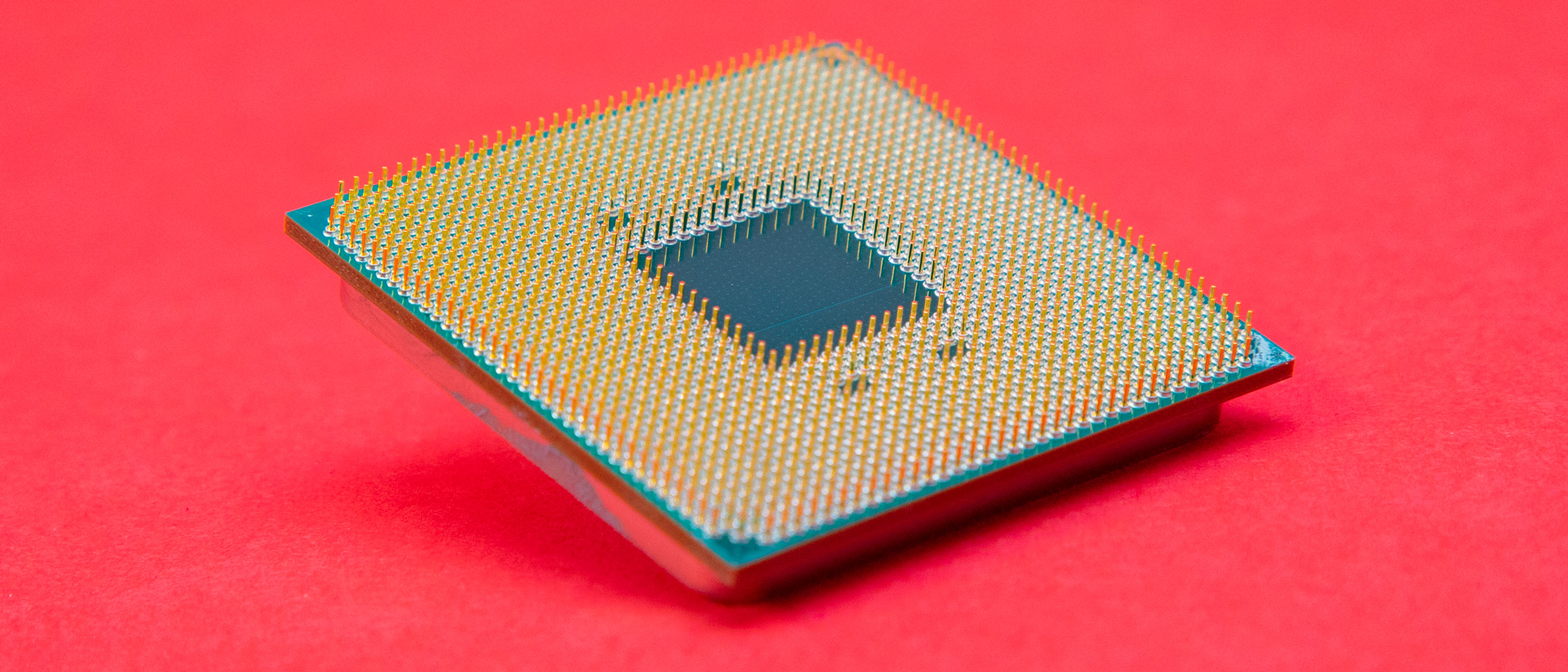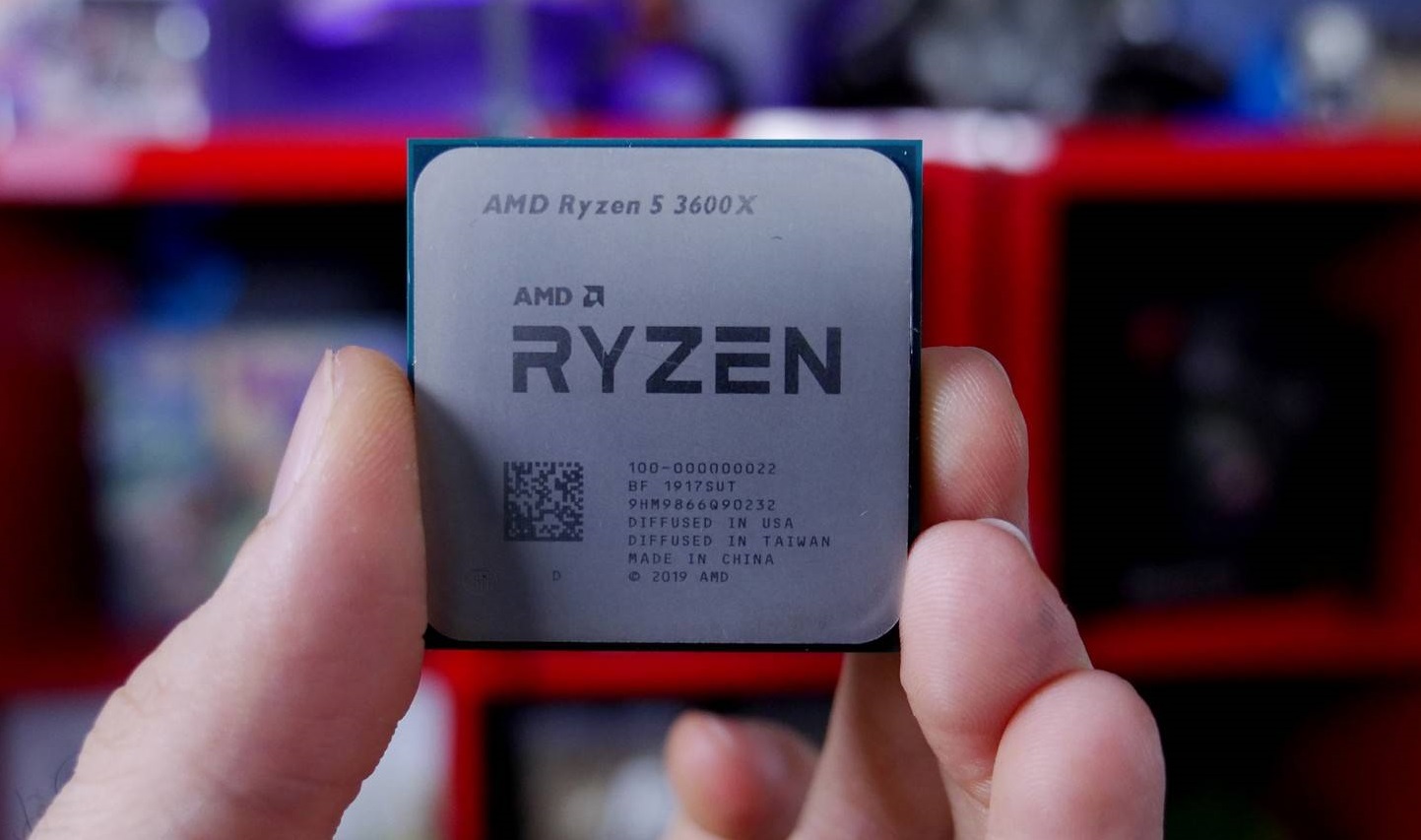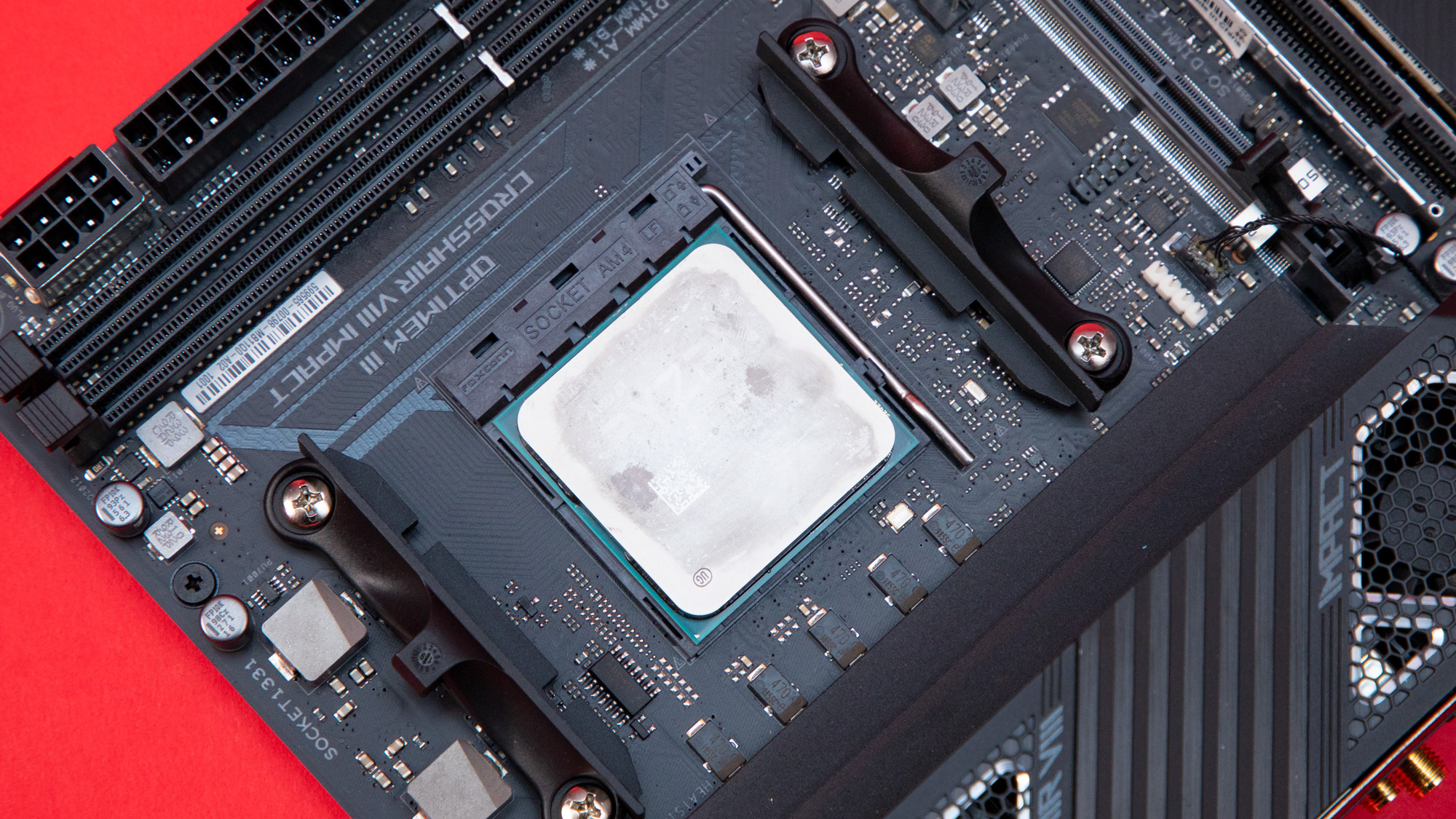More specific rumors and leaks surrounding the AMD Zen 3 have been stacking up, and so have official announcements from AMD, albeit in smaller bite-sized pieces. This is pretty much expected at this point since Zen 3 is due to roll out in late 2020.
AMD CEO Lisa Su recently confirmed its launch on October 8 with a short teaser video, so it won’t be long now until we’ll see the AMD Zen 3 processors in action. It is possible, however, that we might not see the Ryzen 4000 desktop processors, with AMD launching with the Ryzen 5000 desktop processors instead.
In any case, these chips would be ‘tremendously powerful,’ not to mention officially support X570 and B550 motherboards. A leak of the AMD Zen 3-based Ryzen 9 4950X should have Intel worried, with 16-core, 32-thread and a 4.8GHz boost clock. A newer leak suggests that the 12-core Ryzen 9 5900X – rumored to be released on October 20 alongside the Ryzen 5800X – is going to be a huge leap forward from 3900X. Meanwhile, the Ryzen 7 5800X might give the Core i9-10900K a good run for its money.
Of course, besides the launch date, nothing is confirmed yet. But, we should get more specific details on October 8. And, even though Zen 2 is still going strong, it’s time to start looking at what AMD has in store with its successor.
Here’s everything we know about the AMD Zen 3 architecture so far. Keep this page bookmarked as we’ll update it as soon as new information reaches our desks.
- Here are our picks for the best AMD GPU in 2020
Cut to the chase
- What is it? AMD’s improved 7nm+ CPU architecture
- When is it out? Expected to launch on October 8, 2020
- How much is it? Prices will likely stay in line with Zen 2, starting at $99 (£94, AU$144)

AMD Zen 3 release date
AMD has recently rolled out a short teaser video that gives AMD Zen 3 an October 8 launch date. However, we don’t know whether the chips will also be released on the same day. Either way, we’re getting more concrete information about the much-anticipated AMD processors.
In addition, the Ryzen 5800X and 5900X, which are expected to lead the Zen 3 charge, are rumored to hit shelves on October 20 – with a further source backing that date up, but notes that it might come a week later on October 27.

AMD Zen 3 price
We don’t have any reason to expect that processors built on the Zen 3 architecture will be priced any differently than their Zen 2 counterparts. Given that expectation, it is useful to consider the prices of AMD’s Zen 2 processors. These were the prices of AMD’s first run of Zen 2-based Ryzen processors:
- AMD Ryzen 9 3950X: $749 (about £590, AU$1,080)
- AMD Ryzen 9 3900X: $499 (about £390, AU$720)
- AMD Ryzen 7 3800X: $399 (about £310, AU$580)
- AMD Ryzen 7 3700X: $329 (about £260, AU$480)
- AMD Ryzen 5 3600X: $249 (about £200, AU$360)
- AMD Ryzen 5 3600: $199 (about £160, AU$290)
- AMD Ryzen 5 3400G: $149 (£139, AU$240)
- AMD Ryzen 3 3300G: $99 (£94, AU$144)
If the process used to manufacture Zen 3 processors proves to have higher yield or better efficiency, it’s possible AMD could even lower its prices. That would keep the competition with Intel fierce, but AMD already has a strong price advantage against Intel and may not need to go lower.

AMD Zen 3 specs
We learned in mid-2019 that AMD had already finished the Zen 3 design, which is expected to be based on a 7nm+ process, offering some slight improvements on the existing 7nm process found in Zen 2 hardware. This new design is expected to be the product of a shift to 7nm EUV (extreme ultraviolet) lithography. That should allow for a potential 20% increase in transistor density while lowering power consumption by 10%.
The improved 7nm+ process would also offer new chips higher clock speeds while maintaining lower power consumption. The new process may also come with an 8% to 10% increase in IPC (instructions-per-clock). Topping that off, rumors have suggested that AMD will introduce a new level of simultaneous multithreading in Zen 3 chips that would allow a single core to handle four threads (e.g., a 4-core/16-thread CPU or a 16-core/64-thread CPU).
That might be highly unlikely, but a new leak has detailed AMD’s Zen 3-based Ryzen 9 4950X CPU with 16-core, 32-thread a 4.8GHz boost clock. If this chip does exist, it should have Intel worried.
Even more cache is another potential upgrade we could see in Zen 3-based processors. AMD packed Ryzen 3000 processors with cache, and that abundance of extra fast memory may have played a part in the excellent gaming performance across the board for Ryzen 3000 processors.
While we may be looking at upgrades to DDR5 RAM and PCIe 5.0 support further down the line with Zen 4, we have no indications that Zen 3 will move away from DDR4 and the only recently introduced PCIe 4.0 standard.
Altogether, we should be looking at Zen 3-based processors with boosted clock speeds paired with increased IPC for a decent performance boost (especially in multithreaded workloads) over their Zen 2 counterparts all while staying within or below the power budgets of their predecessors. The potential to keep high performance while lowering the power budget could be especially promising for mobile applications.
from TechRadar - All the latest technology news https://ift.tt/2GInrgj
via

0 Comments: